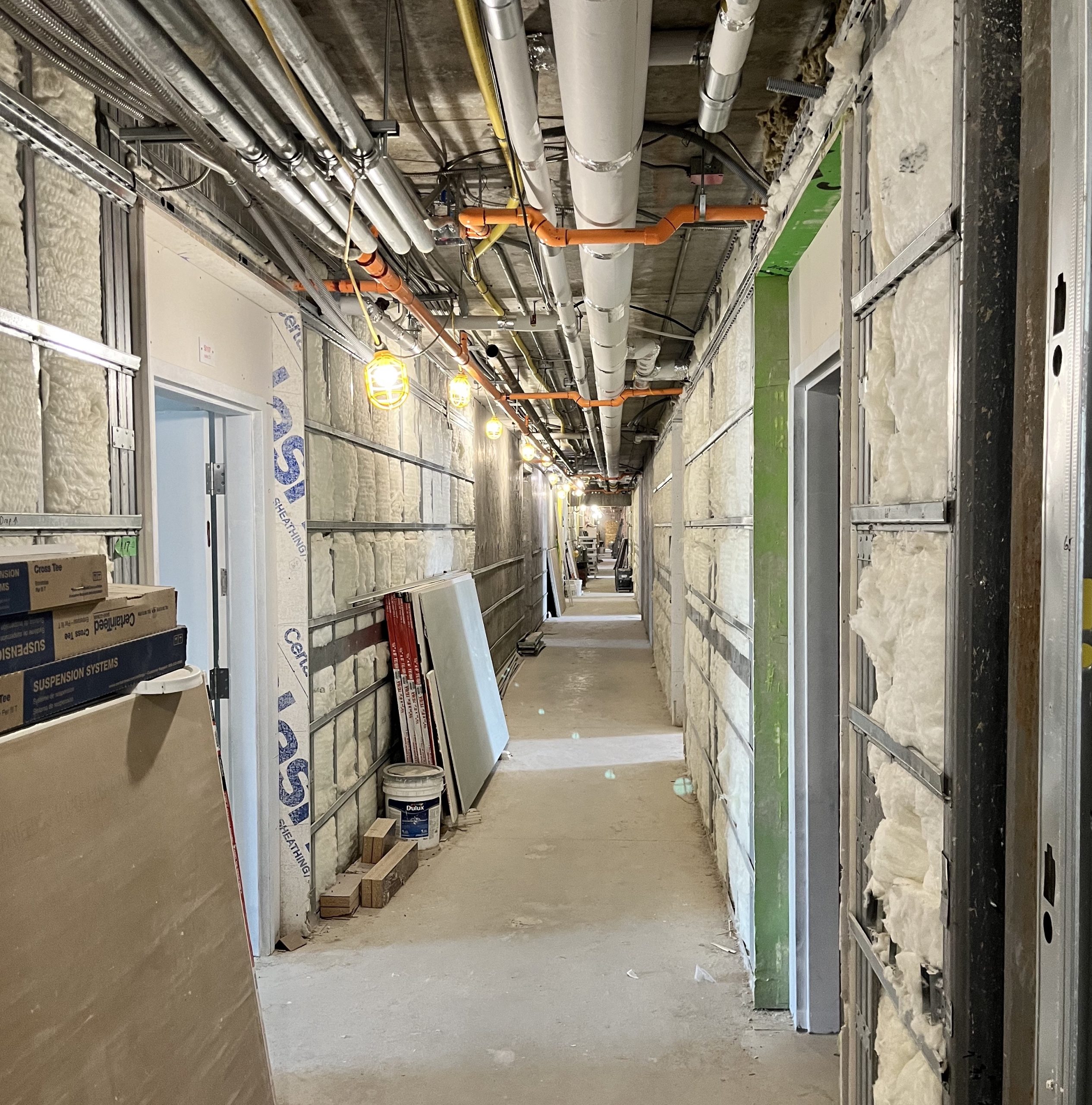
Sustainable Construction Practices for a Brighter Future
As the construction industry evolves, there’s a growing recognition of the need for sustainable practices. Sustainable construction not only reduces environmental impact but also enhances efficiency and long-term project viability. Here, we delve into some key sustainable construction practices shaping the industry’s future.
-
Green Building Materials
Choosing eco-friendly materials is a fundamental aspect of sustainable construction. Materials like recycled steel, bamboo, reclaimed wood, and low-impact concrete offer durability while minimizing environmental impact. Evaluating the life cycle of materials ensures a comprehensive understanding of their sustainability.
-
Energy Efficiency
Integrating energy-efficient technologies is a cornerstone of sustainable construction. This includes the use of smart HVAC systems, LED lighting, and renewable energy sources such as solar panels. Implementing energy-efficient designs and practices not only reduces the carbon footprint but also leads to substantial long-term cost savings.
-
Waste Reduction and Recycling
Efficient waste management is vital for sustainable construction. Minimizing waste through precise project planning and utilizing recycling programs for materials like concrete, steel, and glass contributes to environmental conservation. Adopting a circular economy approach helps extend the lifespan of materials.
-
Water Conservation Measures
Water scarcity is a global concern, making water-efficient construction practices crucial. Implementing water recycling systems, using permeable pavements, and employing landscaping techniques that minimize water consumption are steps toward sustainable water management in construction projects.
-
Biodiversity Preservation
Preserving biodiversity on construction sites is an emerging consideration. Integrating green spaces, preserving existing vegetation, and implementing wildlife-friendly designs contribute to maintaining ecological balance. This not only benefits the environment but also enhances the overall well-being of communities.
-
Community Engagement and Social Responsibility
It extends beyond environmental aspects to encompass social responsibility. Engaging with local communities, providing job opportunities, and supporting social initiatives contribute to the broader goal of sustainable development. Community involvement fosters a positive relationship between construction projects and their surroundings.
Conclusion
Embracing sustainable construction practices is no longer an option but a necessity for the industry’s future. As awareness of environmental issues grows, stakeholders in construction play a pivotal role in shaping a more sustainable and resilient built environment. By adopting these practices, the construction industry can contribute to a brighter, greener future.
FAQ
Q1: Why is sustainable construction important?
A1: It is vital for several reasons. It reduces environmental impact by minimizing resource depletion and pollution. It promotes energy efficiency, which not only lowers operational costs but also addresses climate change concerns. Additionally, sustainable construction enhances the long-term durability and resilience of structures, contributing to a healthier and more evergreen future.
Q2: How can green building materials benefit construction projects?
A2: Green building materials offer multiple benefits. Firstly, they are often made from recycled or renewable sources, reducing the demand for virgin materials. Secondly, these materials usually have a lower environmental impact during manufacturing. Thirdly, they contribute to better indoor air quality, promoting healthier living and working environments. Overall, the use of green building materials aligns with this type of construction practices.
Q3: What role does community engagement play in sustainable construction?
A3: Community engagement is a crucial aspect of sustainable construction. It involves involving local communities in the decision-making process, addressing their concerns, and providing job opportunities. Social responsibility in construction projects builds positive relationships with communities, fostering mutual understanding and support. By engaging with and supporting local communities, construction projects can contribute to evergreen development and create a positive impact beyond the construction site.
For those seeking the best in the business, Cambridge Drywall Services offers unmatched expertise. With 20 years in the industry, serving both residential and commercial projects, we’re your go-to for top-tier drywall solutions. Connect with us today and experience the Cambridge Drywall difference.
